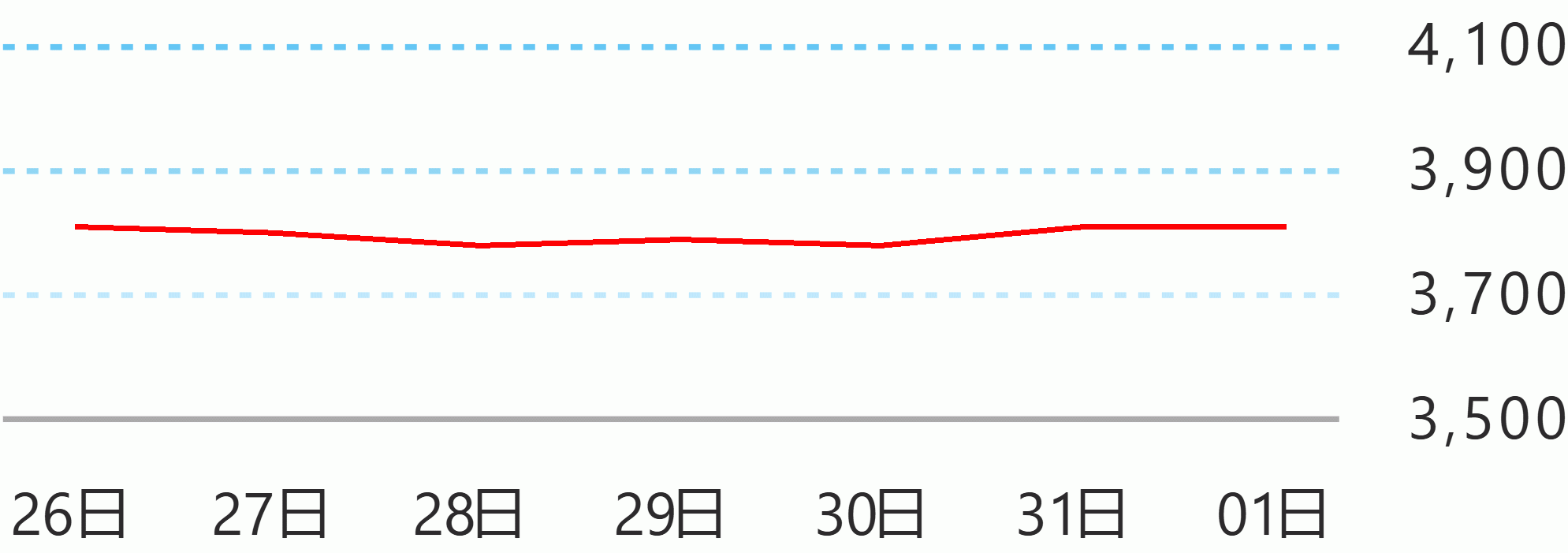President Ferdinand Marcos Jr. urged national government agencies on Thursday to continue pursuing innovative projects to ensure food security, meet the people’s needs, and build a more robust economy.
Speaking during the ceremonial signing of the Memorandum of Agreement (MOA) for the Department of Agriculture (DA) and the Department of Justice’s (DOJ) Reformation Initiative for Sustainable Environment for Food Security (RISE) project, Marcos highlighted the need for increased collaboration among agencies, noting there is no single sector or institution that can address all the issues confronting the country.
The RISE Project is an innovative collaboration between the two agencies to rehabilitate arable lands in all Bureau of Corrections (BuCor) prison reservations and penal farms in the country to support a sustainable environment for food production, while empowering and reskilling the persons deprived of liberties (PDLs).
“It is more pragmatic and effective to allocate our scarce resources wisely and ensure that all our initiatives are aligned, coordinated, and integrated through a whole-of-nation approach,” Marcos said.
Marcos expressed optimism that the RISE Project, which will be piloted in Iwahig Penal Colony and Prison Farms in Puerto Princesa City, Palawan, will also encourage more public-private partnerships (PPPs) and inspire people to pursue activities that will leave a lasting impact on society.
Describing the challenges in food security as multifaceted and complex, Marcos said it is crucial for agencies to work together and tap into their respective strengths in formulating more comprehensive, empirical, and integrated approaches.
“In fact, among this Administration’s priorities are the attainment of food security and Zero Hunger under the Sustainable Development Goals,” Marcos pointed out.
“These twin priorities require cooperation amongst all disciplines and across all sectors. We must delve into the underlying causes of food insecurity, of poverty, inequality, and the lack of access to resources,” he said.
Achieving these objectives, the President said, will also contribute to much greater humanitarian causes as PDLs will acquire new skills, hone their earning capacity and prepare them for eventual reintegration into society.
The signing of MOA on the RISE Project, through a tie up with the private sector, will enable the government to utilize its natural resources and promote not only ecologically sustainable practices among PDLs through the project, but also afford them better nutrition as the produce they will harvest will support their own food requirements.
By investing in the capacity-building activities, the government and its partners will not only help boost food production but also give PDLs opportunities to realize their potential for positive change and reformation.
Marcos said the RISE initiative attests to the unyielding commitment of those involved to both food security and rehabilitative justice, as he expressed gratitude to the private sector for its support and dedication. Presidential News Desk





 English
English










